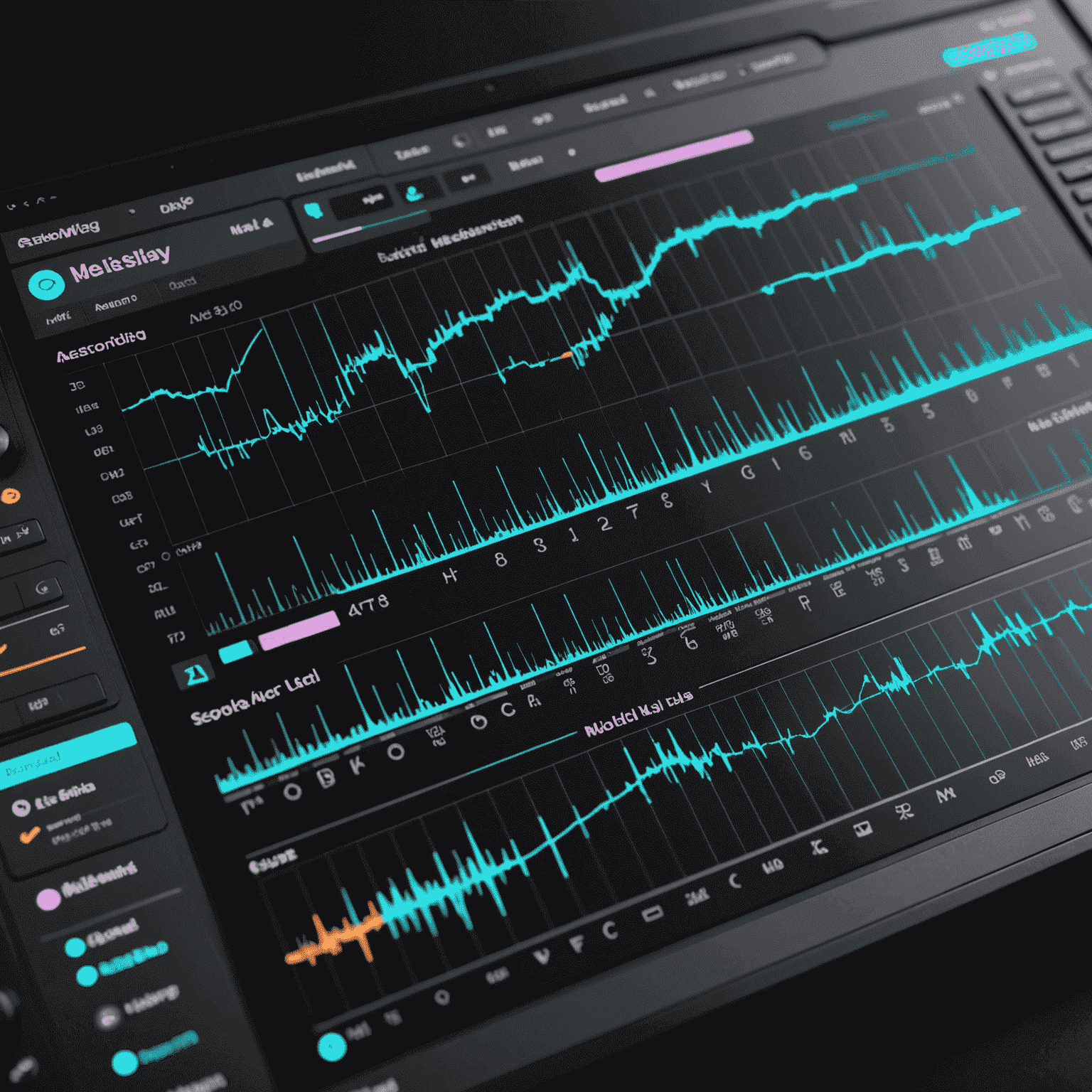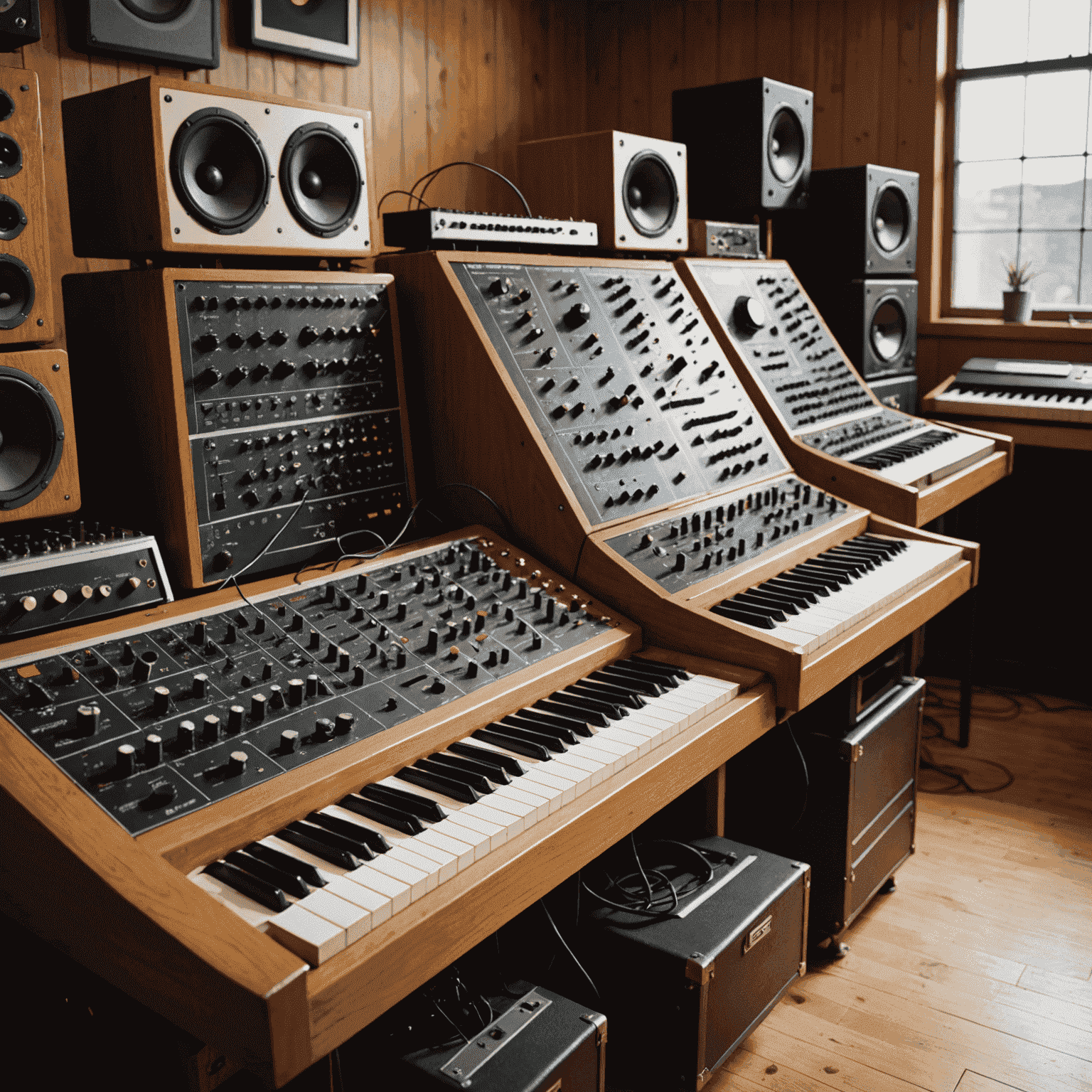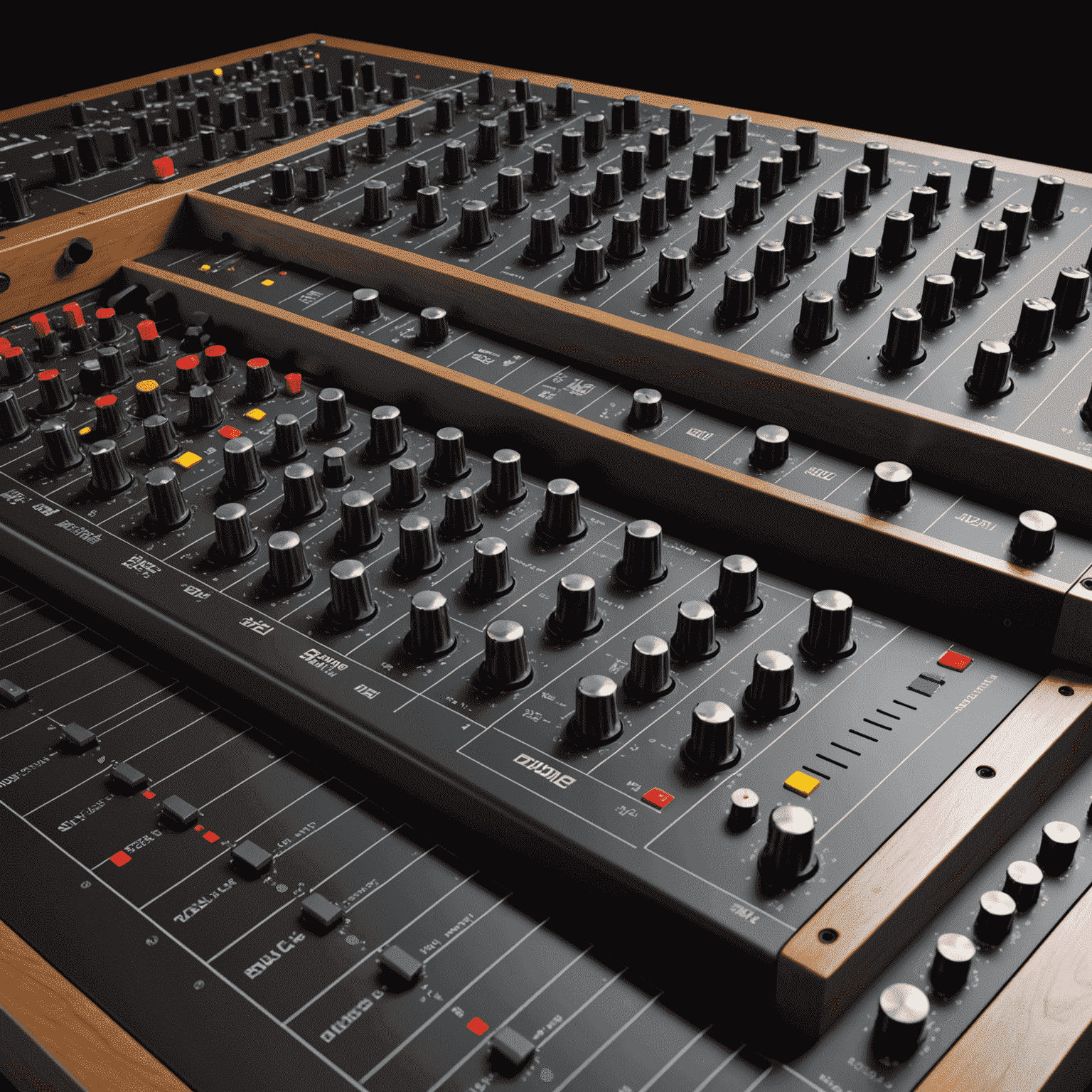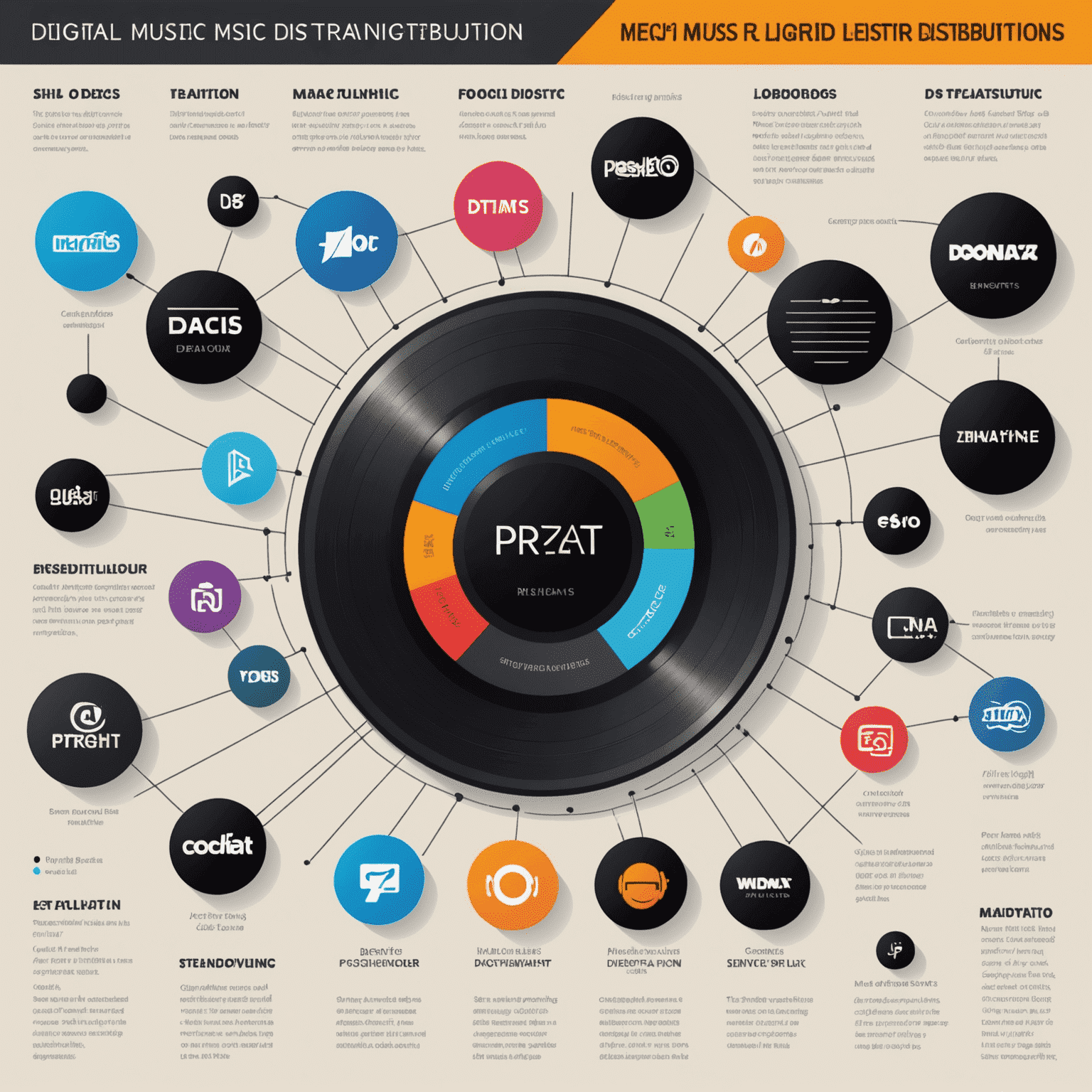Industry Trends in Music Production
The Rise of AI in Music Production

One of the most significant trends discussed at the conference was the integration of artificial intelligence in music production. Industry experts highlighted how AI is revolutionizing the way we create, mix, and master music. From AI-assisted composition tools to smart mixing algorithms, the technology is enabling producers to work more efficiently and explore new creative possibilities.
The Comeback of Analog Sound in the Digital Age

Despite the digital revolution, there's a growing trend of incorporating analog equipment in modern music production. Conference speakers emphasized the unique warmth and character that analog gear brings to recordings. This fusion of old and new technologies is creating a distinctive sound that resonates with both artists and listeners, bridging the gap between vintage charm and contemporary production techniques.
Immersive Audio: The Future of Sound Design

Immersive audio technologies like Dolby Atmos and Sony 360 Reality Audio were hot topics at the conference. Experts predict that these spatial audio formats will become increasingly important in music production, offering listeners a more engaging and three-dimensional sound experience. This trend is not only changing how music is produced but also how it's consumed, with implications for live performances, streaming, and home audio systems.
The Evolving Landscape of Music Distribution

The conference also shed light on the changing dynamics of music distribution. With the rise of blockchain technology and NFTs, artists now have new ways to monetize their work and connect directly with fans. Speakers discussed how these innovations are reshaping the music business, potentially offering more control and better revenue streams for independent artists and producers.
Sustainable Practices in Music Production

An emerging trend in the industry is the focus on sustainability. Conference attendees learned about eco-friendly studio designs, energy-efficient equipment, and sustainable touring practices. This shift towards green production methods is not only beneficial for the environment but also resonates with environmentally conscious artists and fans, potentially influencing future business decisions in the music industry.




